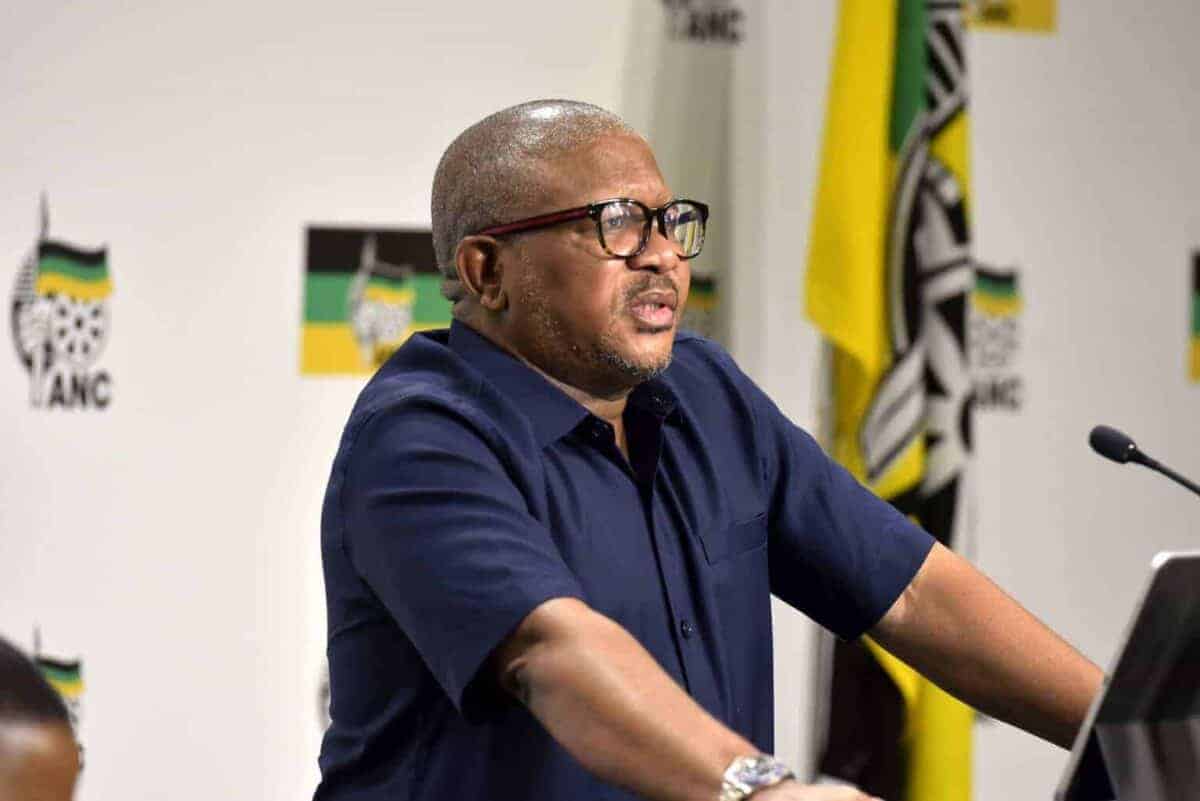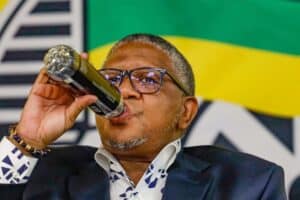From Angola to Ethiopia, Cuban troops under Castro played a controversial role in Africa’s wars – yet the ANC remembers only the heroism.

We’re not surprised that ANC secretary-general Fikile Mbalula was on social media commemorating the birth of one of the ANC’s uber-comrades, the late Cuban dictator, Fidel Castro, the man they allege brought freedom to South Africa.
The ANC likes to associate with the martial prowess of Cuba, given that its own armed wing, uMkhonto weSizwe, had a singularly undistinguished history as a fighting force.
Also, given the ideological training of many of the ANC’s old guard and its public support for socialism, Castro is still an icon to the party.
Outside the ANC’s rose-tinted hagiography, however, Castro’s story is much more complex.
His soldiers may be lauded by the ANC for their role in Angola – as a proxy of the Soviet Union, remember – but the darker side of Cuban involvement in Africa is seldom talked about.
In 1977 in Angola, Cuban tanks and bullets helped save the illegal (in terms of international law) MPLA government from a rebellion, killing 20 000 Angolans.
ALSO READ: ‘If they want to bring sanctions, let them’: Mbalula challenges Trump administration
The rebels were black nationalists rising against what they saw as a communist regime.
In the Ogaden in the Horn of Africa in the late 1970s, Cubans killed many more Africans fighting to defend Ethiopian dictator Mengistu Haile Mariam.
While many believe the Cubans came to Africa for altruistic reasons, the truth is they were paid to fight – both by the Soviets and the Angolan government, with money going direct to Havana.
No doubt, Cuban military pressure was a factor in finally getting Pretoria to accept the inevitability of black majority rule, but the then SA Defence Force was never defeated on the battlefield.
And, why did Castro execute the man who commanded his forces in Angola? We think it’s time to move on from the old, Cold War cliches. The world’s changed, Mbaks.






